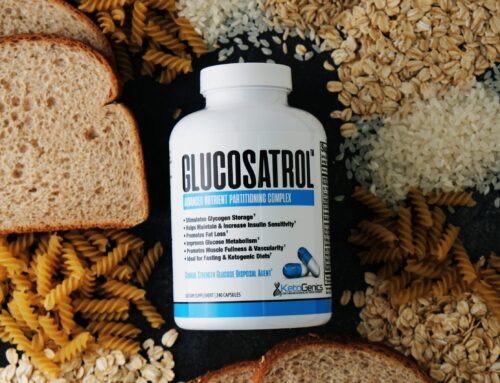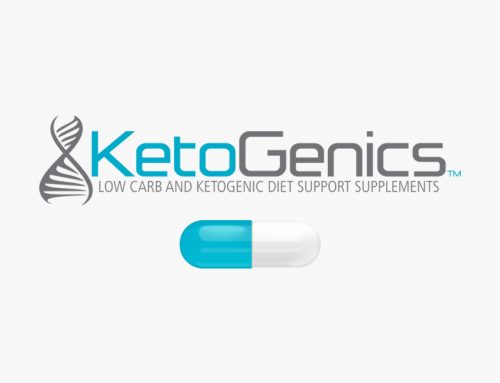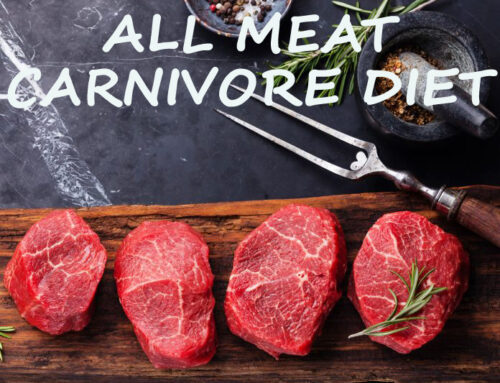Dawn Phenomenon and Physiological Insulin Resistance
Have you been on a low-carb or ketogenic diet for some time and perplexed why your morning blood glucose readings are on the high end? Did you know that it is quite common for long-term ketogenic dieters to have morning fasted blood glucose readings that average 100-125 mg/dl? This is rather common, albeit normal and sometimes referred to as Dawn Phenomenon or Physiological Insulin Resistance.
Dawn Phenomenon is a natural rise in blood sugar because o a surge of hormones secreted at night which trigger your liver to dump sugar into your blood to help prepare you for the day.
Another term for this is Physiological Insulin Resistance. A good description of this phenomenon comes from Chris Kresser, M.S., L.Ac:
“Very low-carb diets will produce elevated fasting blood glucose levels. Why? Because low-carb diets induce insulin resistance. Restricting carbohydrates produces a natural drop in insulin levels, which in turn activates hormone sensitive lipase. Fat tissue is then broken down, and non-esterified fatty acids (a.k.a. “free fatty acids” or NEFA) are released into the bloodstream. These NEFA are taken up by the muscles, which use them as fuel. And since the muscle’s needs for fuel has been met, it decreases sensitivity to insulin. “
So, if you eat a low-carb diet and have borderline high Fasting Blood Glucose (i.e. 90-105), it may not be cause for concern. Your post-meal blood sugars and A1c levels are more important.
One of the clearest explanations of physiological insulin resistance I’ve seen comes from Paul Jaminet, Ph.D. a MIT and Berkley-trained astrophysicist who says that physiological insulin resistance is a protective response of the body that ensures that the brain gets the benefit of a limited supply of glucose. Because the rest of the body is refusing to take up glucose, and the liver takes it up slowly, a meal of carbohydrates is followed by higher blood glucose levels in someone on a low carbohydrate diet.
The human body is very adaptive to different situations and different fuel sources. Just because our reference data is from the past few decades when we have typically eaten large amounts of processed carbohydrates, we take that as the new normal.
Physiological Insulin Resistance is a benign state that is not making your diabetic insulin resistance worse. A ketogenic dieter becomes adapted to sparing glucose for use by those cells which absolutely require it. Some brain cells, red blood cells and testes require glucose because they do not have mitochondria. Fasting blood glucose will often rise above 100 mg/dl.
With Physiological Insulin Resistance you will have a low HbA1c value, your liver and kidneys will be very sensitive to the effect of insulin, even though muscle tissue isn’t, you will almost never suffer hypoglycemic events. It takes a few days of eating carbs to return to the normal state for healthy people.
This is why the term is “physiological” and NOT “pathological”. It is not a disease state, it is a healthy response to carbohydrate restriction.
Is physiological insulin resistance such a bad thing? No, it means your body is healthy and functioning properly. If you have physiological insulin resistance, you are not at risk to become diabetic, in fact it is the opposite.





